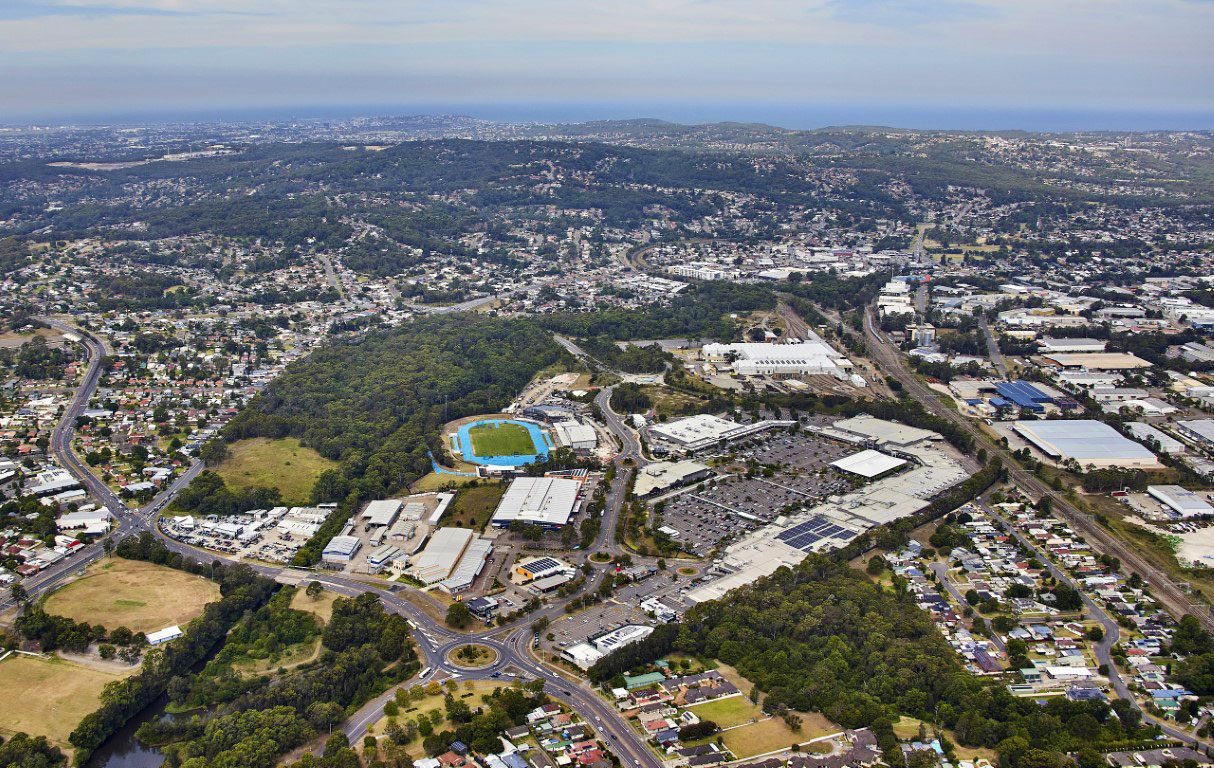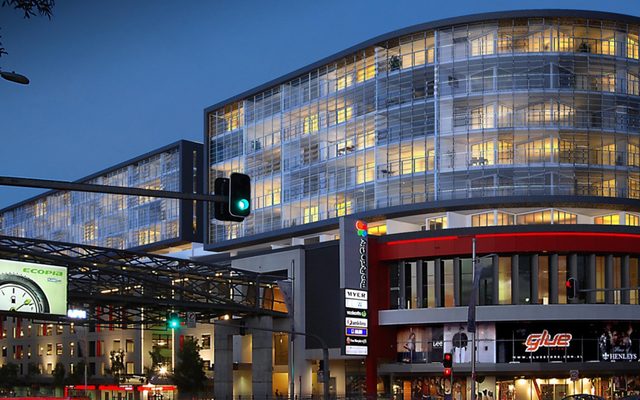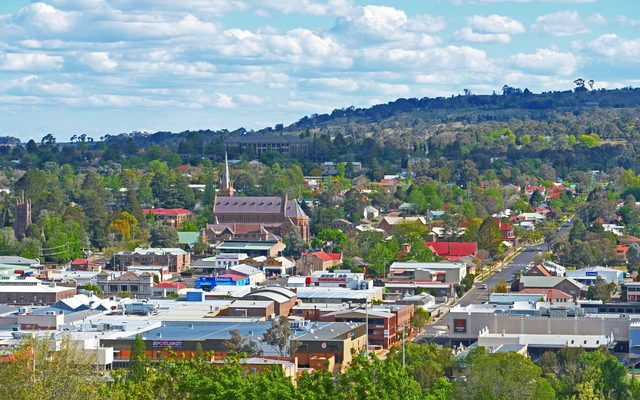This article is from the Australian Property Journal archive
AFTER missing out on Adelaide’s premier Westfield Tea Tree Plaza, Chris Lock’s IP Generation has splashed out $315 million on Stockland Glendale in the largest retail transaction of the year and the largest in the sub-regional NSW market in more than 18 years.
This is the first change of ownership for the 18.6-hectare town centre in the three decades since its development, with the centre is anchored by national tenants Kmart, Target, Coles, Woolworths and Event Cinemas
On top of this, the centre boasts 10 mini-majors including TK Maxx, Rebel Sport and JB Hi-Fi, 66 specialty and kiosk retailers and 11 pad sites.
“This is the centre’s first change of ownership in the 30 years since its development, which speaks to how rarely these types of assets are traded. The compelling forecast returns and IP Generation’s track record has underpinned strong demand for this opportunity from our stable of investors,” said Chris Lock, CEO of IP Generation.
Lachlan MacGillivray, managing director of retail capital markets at Colliers, Asia Pacific managed the transaction on Stockland’s behalf.
The sale price is a discount to 2033 valuation of $320 million and the peak valuation of $336 million in FY2022.
“This landmark transaction of Stockland Glendale is a reflection of the incredible demand for assets that boast both scale and convenience, as well as a comprehensive offering of both discretionary and non-discretionary retailer categories,” said MacGillivray.
“Stockland Glendale is exceptionally land rich and the site coverage ratio of 28.2% offers leasing remixing and expansion potential.”
Stockland Glendale was the first of its kind when it was developed in 1996 and is still the fourth largest retail land holding in NSW.
The centre returns robust sales with annual sales in February 2024 reaching $366 million and sale productivity at $10,553/sqm.
Stockland Glendale brings in annual foot traffic of over 4.8 million with customers spending an average of $76 per visit.
The sale price comes in $5 million shy of the asset’s FY23 book value of $320 million, after a $21.8 million devaluation over the period, with a cap rate of 6.25%.
The acquisition demonstrates IP Generation’s commitment to the retail sector and for dominant assets that provide attractive return profiles.
“Our focus has been on taking advantage of unique investment opportunities within the market to acquire high quality, income producing assets with significant value-add potential,” added Lock.
“Many large corporations and fund investors such as IP Generation, are increasingly interested in and buying into the retail sector. The confidence they have shown is a testament to the current strength of the retail investment market. Complementing their purchase, a proposal has been lodged to develop the vacant land next to the centre with a residential/mixed-use focus, which will underpin future sales growth at the centre.”
IP Generation has also made major recent purchases, spending $300 million on Craigieburn Central, VIC and $180 million for a 50% interest in Rockingham Centre, WA.
IP Generation was the top bidder to buy Dexus’ stake in Adelaide’s Westfield Tea Tree Plaza, however it was eventually sold to Scentre Group and Barrenjoey joint venture for $308 million.
Industry sources told Australian Property Journal that Lock’s group had already exchanged contracts on the centre but the JV exercised their pre-emptive rights to snap up the centre.
The fund manager also netted $35 million in May from the sale of Richmond Mall, following a refurbishment program on the north-west Sydney metropolitan neighbourhood centre last year.
“The sub-regional sector continues to attract strong capital demand, fuelled by an appealing spread to the risk-free rate and borrowing costs,” added MacGillivray.
“Private investors and syndicators looking for attractive income yields have emerged as the dominant players, providing an opportunity for institutional owners to recycle capital. We expect this trend to continue throughout the second half of 2024.”





